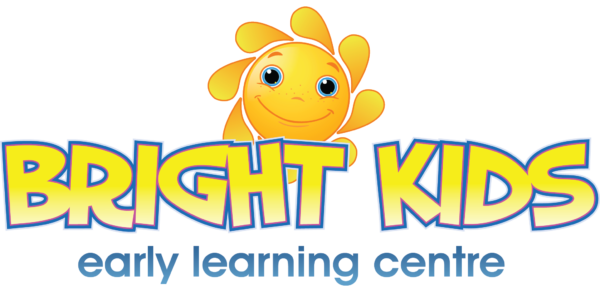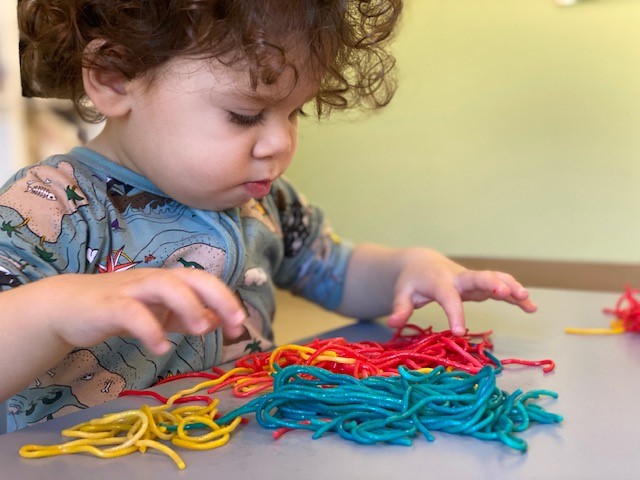Developmental Overview
In the Little Fish room at the beginning of each semester we observe the children and their milestones to plan and prepare for the weeks ahead. this enables us to ensure each one of the children’s developmental needs are being met on a regular basis, through different experiences.
Developmental milestones are markers that are set forth by early childhood experts as a tool to measure a child’s growth in the four primary areas of development.
- Fine and Gross Motor;
- Social and Emotional;
- Language & Speech; and
- Cognitive & Intellectual.
Each of these developmental domains are broken into age ranges to provide experiences for the children to meet certain markers in each of these categories listed.
Throughout the term we have noticed the transition of some of the babies to toddlers.
Apart of completing these developmental milestones is also about identifying when the children are ready for a new challenge, which is when we commence our transition process for the next age group.
We structure intentional teaching experiences for the children’s individual needs and varying ages, to help work on any developmental areas that the children need strengthening in.
Our daily planning include our specialty programmes such as ‘Empowering our Youth’ – Indigenous Program, “Mindful Kids” – Resilience Program and “Nature Inspired” Nature Program.
We observe the children again at the end of each term progressing to achieving their developmental goals or well on the way to working towards them. Documenting the children’s milestones helps us to identify any changes in their development with fine and gross motor, social interactions, language and movements.
Gross & Fine Motor Development
This term we observed the children expanding on their gross motor skills.
This is evident through watching the older children begin to walk, then tackling more difficult movement patterns such as running and climbing.
The younger children moving from tummy time to sitting up and crawling.
Gross motor skills are the ability for children to use their large muscles which involve sitting up, crawling, pulling themselves up and eventually walking
To help support and encourage the children’s gross motor development, we offered:
- Obstacle courses to build muscle strength and confidence;
- Outdoor play in the environmental yard with wide open spaces to explore;
- Tummy time on the baby water play mat to build muscle and neck strength; and
- Baby activity walkers to encourage walking.
This term we have observed the children gaining confidence to utilise their fine motor skills.
This is evident with children willing to participate in fine motor and sensory activities whereas at the start of the term they were unwilling to participate even with gentle encouragement.
Fine motor skills are the ability to use the small muscles, specifically the hands and fingers to pick up small objects, hold a spoon and draw and write.
To help support and encourage the children’s fine motor development, we offered:
- Drawing & Painting activities;
- Playdoe & Art and Craft activities;
- Fine motor experiences using the hands – puzzles, shape sorter, cause and effect activities; and
- Sensory play – sand, shave foam, water activities, sensory boxes (hard, soft, light, heavy etc).
Social & Emotional Development
This term we observed the children maturing and growing in their social development.
This is evident when watching the children interact with their peers and educators, building positive relationships through play and helping them to form a sense of identity.
The children actively seek each other out building connections and giving them a sense of well-being and belonging.
Social development is the ability to interact with others, helping self and emotional regulation.
To help support and encourage the children’s social development we:
- Offered interaction opportunities such as role play;
- Implemented group time & group activities;
- Established daily routines; and
- Provided encouragement.
This term we observed the children growing in their emotional development.
This is evident when we see the children seek out educators for comfort and reassurance, helping them to build trust and feel safe and secure.
We have noticed with gentle encouragement that the children are learning self-control when in social situations (emotional regulation).
Children learn these skills from how they are treated.
To help support the children’s emotional development we:
- Showed attention & affection;
- Provided a safe, secure environment;
- Responded to their cues such as crying; and
- Offered resilience and mindfulness activities.
Language development & Speech
This term we observed the younger children beginning to babble and react non-verbally during interactions.
Language development grows a lot in a child’s first year of life.
Babies are listening and learning all the time, this helps them to gain an understanding of their world.
Babies express themselves by
- making eye contact;
- giggling;
- smiling;
- making sounds; and
- babbling before moving on to forming words.
This term we observed enormous growth in the older children’s verbal a development.
This is evident when we notice the children being able to articulate their wants and needs using speech and their ability to respond when spoken to.
Throughout the term we have seen their vocabulary increase and they have been able to begin to place 2-3 words together.
To help support and encourage the children’s language & speech development we:
- Read books & sing songs;
- Talk with the children & respond to the children;
- Offer language development activities such as talking on the telephone; and
- Build on their vocabulary e.g. Child says “truck” we then say “red truck”.
Cognitive & Intellectual Development
This term we observed the children developing their cognitive skills.
This is evident when the children participate in problem-solving activities such as the shape sorter and demonstrating they remember a song they have learned earlier.
Cognitive development is about the way a child learns to think, remember, gather and organise information, imagine, problem solve and develop judgement. These skills help a child to understand the world around them.
To help support and encourage the children’s cognitive development we:
- Offered problem solving activities such as puzzles;
- Recited the alphabet & phonics;
- Taught shapes and colours; and
- Read books and played musical instruments.
All children develop at their own pace and in their own way.
It is normal for children to experience developmental spurts and slow spots in different areas of their development over time.
Tracking the children’s developmental milestones is essential in any age group but especially this one as there are so many. Regular observations provide opportunities for early intervention if needed. If you have any concerns about your child’s development, please book a meeting in with us to discuss.
That’s all this month from Miss Rachel, Miss Sabrina and the Little Fish (Jalumm) bubs
Also please follow our Facebook and Instagram Pages and stay up to date.


